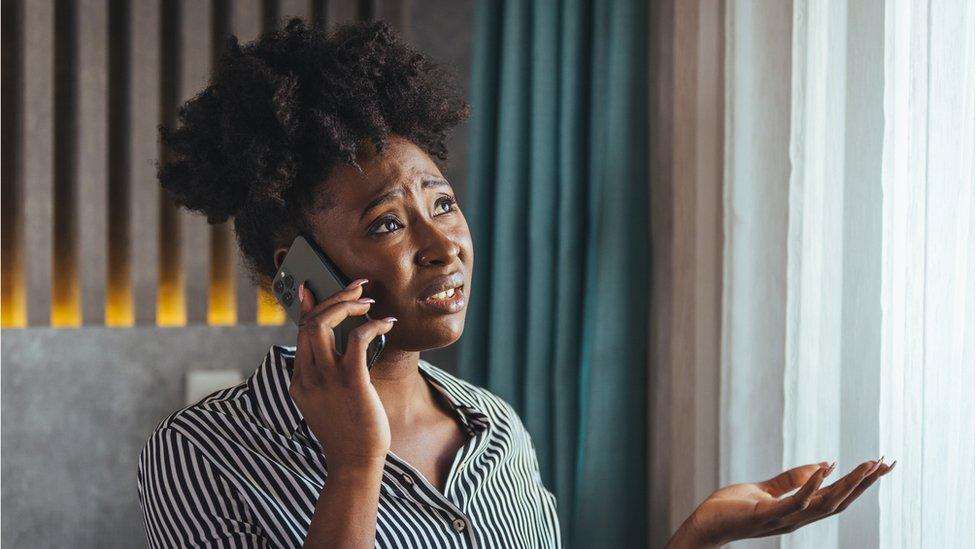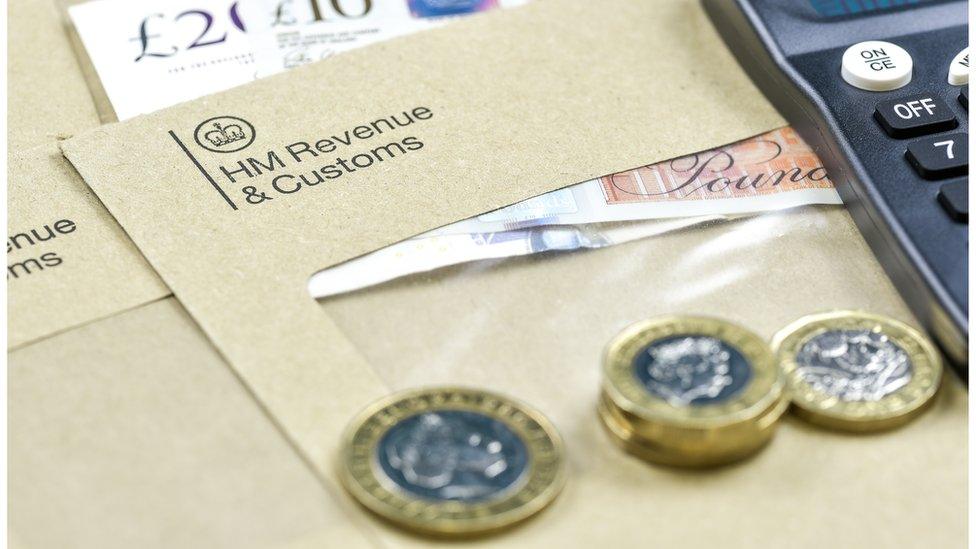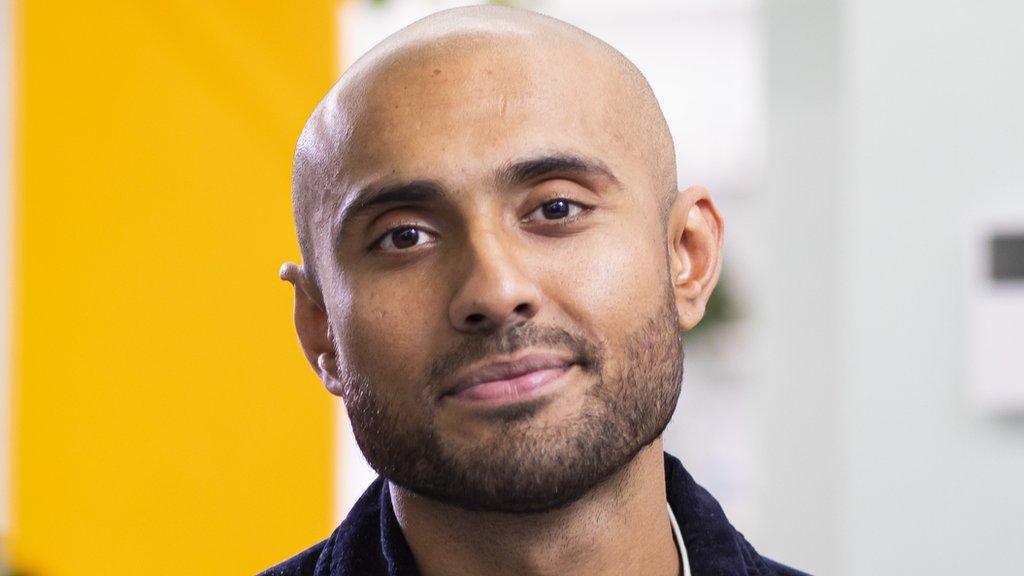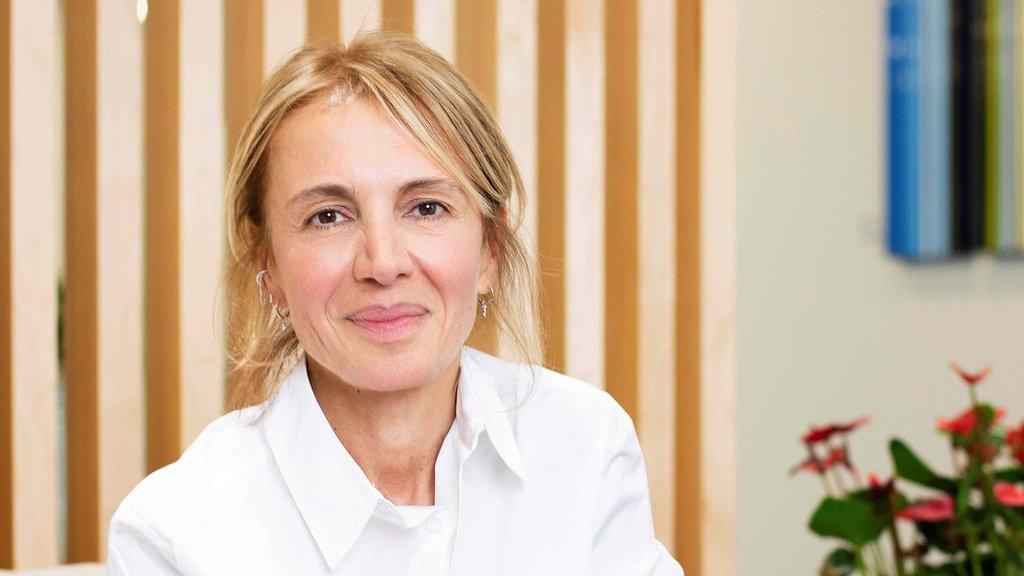HMRC will close tax helpline for half the year
- Published
- comments

People seeking help with their tax return will be forced to use a chatbot and online services for half the year because a helpline will be shut.
HM Revenue and Customs (HMRC) said the self-assessment telephone helpline would be permanently closed between 8 April and 30 September.
The tax authority has been toiling with long waiting times and intense criticism of its services.
The helpline will deal with priority cases only for the rest of the year.
People unable to get online will still get assistance from staff during office hours, although it is not immediately clear how this will work.
The permanent closure, which follows a trial last year, has already been criticised by one trade body which said it would lead to more mistakes on tax returns.
More than 12 million people are required to complete self-assessment forms every year.
Long waits
HMRC has been running campaigns to move enquiries on to online services, such as automatic redirection of calls.
Now, it has announced the closure of the helpline for the summer months, ahead of the self-assessment deadline at the end of January.
The changes mean:
The self-assessment helpline will be closed for six months of the year, and only deal with priority cases for the rest
The VAT helpline will only be open for five business days every month ahead of the deadline for filing VAT returns
The PAYE helpline will no longer take calls from customers relating to refunds
Angela MacDonald, HMRC's deputy chief executive, said: "Changing our services to encourage customers to self-serve online wherever possible will allow our helpline advisers to focus support where it is most needed - helping those with complex tax queries and those who are vulnerable and need extra support."
But critics have said the move has come too soon.
"There's no escaping the fact that tax is complicated, and people sometimes need reassurance that what they are doing is right," said Gary Ashford, from the Chartered Institute of Taxation.
He said HMRC's own review concluded that it was too early to say if there had been a long-term shift from phone contact to online self-service.
"Yet HMRC have decided to go ahead anyway," he said. "We are concerned there may be an increase in how many will include estimates or errors because of the inability to seek clarification from HMRC."
Harriett Baldwin, who chairs the Treasury Select Committee, said: "These are well-meaning people just trying to get their taxes right. This should not be forced upon taxpayers until there is evidence that people know how to do their taxes on HMRC's incredibly complex website."

MPs on the Public Accounts Committee last month said customer service at HMRC was at an all-time low with nearly two-thirds of taxpayers forced to wait more than 10 minutes to speak to an adviser.
The average wait for a call to HMRC to be answered was 16 minutes and 24 seconds in the year to April 2023, according to the committee's report. That compares with 12 minutes and 22 seconds the previous year.
Some 63% of callers waited more than 10 minutes to speak to an adviser, up from 46% in 2021-22. The committee said this proportion had increased every year since 2018-19.
It said more people were being drawn into paying tax, known as fiscal drag, and their tax affairs were becoming more complicated. As a result HMRC's customer service was "struggling to cope" and taxpayers were left "exasperated" by the quality of support.
Related topics
- Published28 February 2024

- Published11 March 2024

- Published22 January 2024
